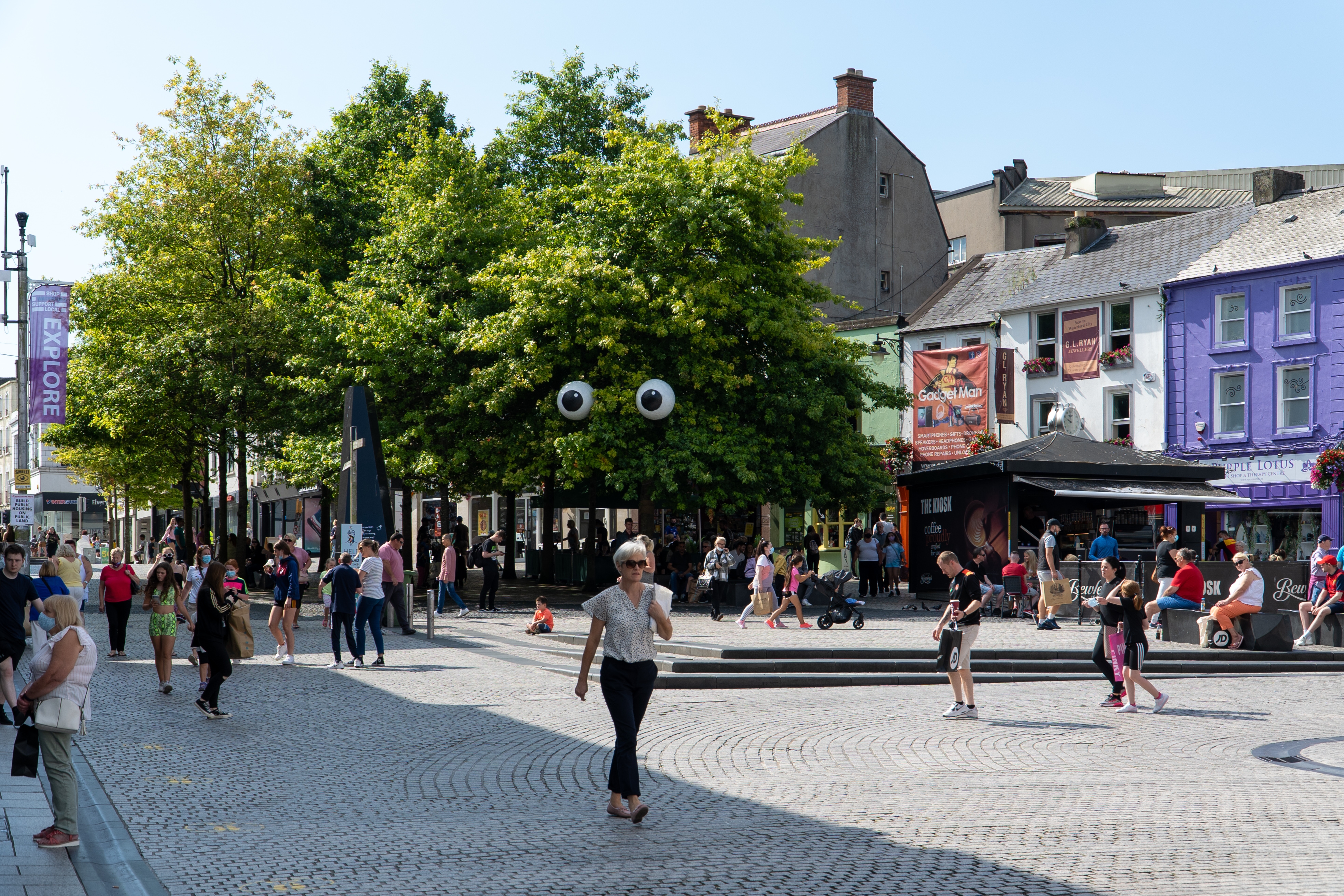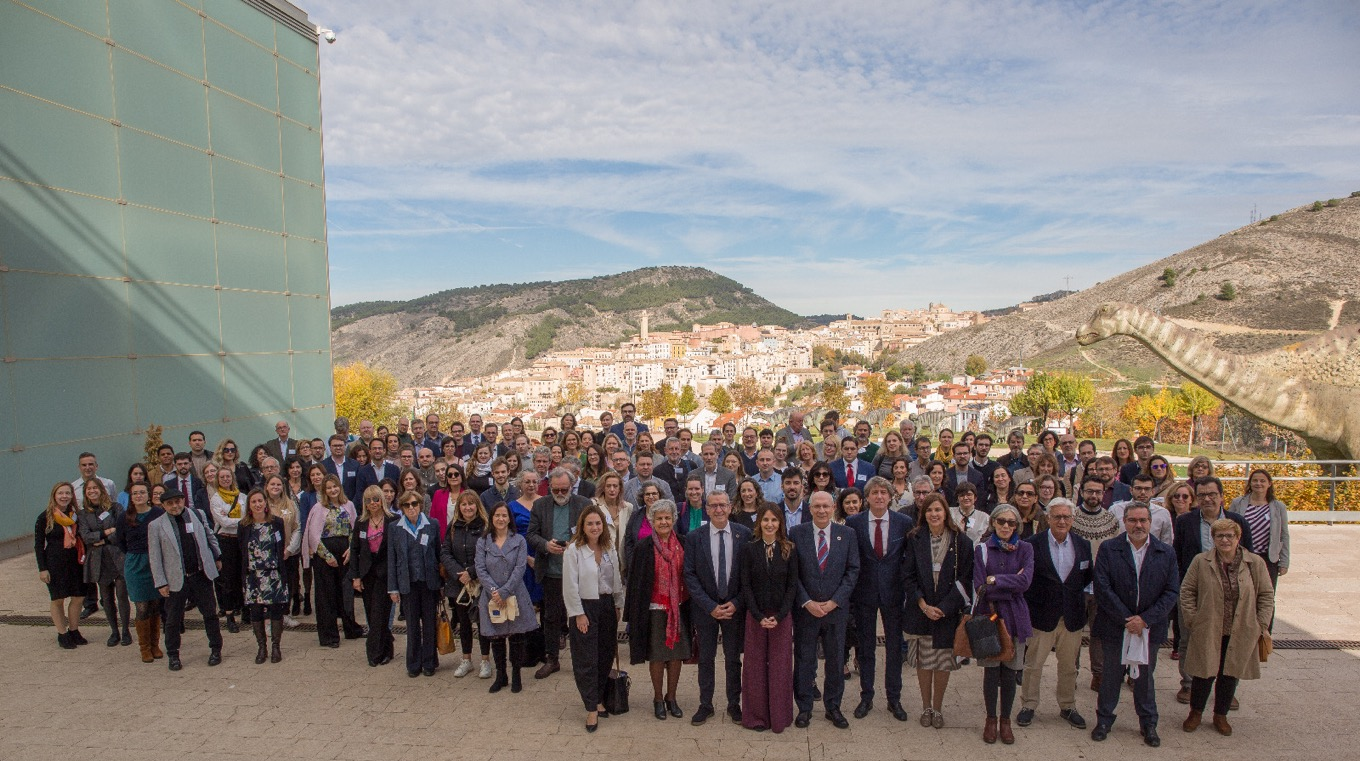
Governance of New Geographies: Approaches to Ireland’s Metropolitan Area Spatial Plans (MASPs)
Workshops
Tuesday, 28th November 2023, 10.00 – 13.00
November 28, 2023 · 12:00am CET
O’Connell Street, Waterford City, Ireland
In-person Event
Under Ireland’s National Planning Framework (2018), Metropolitan Area Strategic Plans (MASPs) were prepared for the Dublin, Cork, Limerick-Shannon, Galway and Waterford Metropolitan areas as part of the relevant Regional Spatial and Economic Strategies (RSES). The MASPs are 12-year statutory strategic planning and investment frameworks which:
- Identify the key change parameters (population, employment, travel patterns etc.)
- Identify the sequence of infrastructure prioritisation, delivery and co-ordination
- Deliver compact regeneration and growth
The MASPs are led by Ireland’s three Regional Assemblies in cooperation with the Local Authorities within their respective boundaries and, for the first time in Ireland, provide a statutory coordination mechanism for city metropolitan areas. It is intended that the MASPs will address high-level and long-term strategic development issues. As the first review of the National Planning Framework commences, it is clearly evident that the governance structures around the MASPS are in their infancy and still evolving. This is not an Ireland-only issue.
As research undertaken by ESPON shows, the governance processes needed to support an informed response to sustainable spatial development, and coordinated delivery of solutions in metropolitan areas is a Europe-wide challenge. The ESPON SPIMA (Spatial Dynamics and Strategic Planning in Metropolitan Areas) Project, for example, considers the strategic role of spatial planning for cities towards inclusive and sustainable growth within metropolitan areas. It takes into account the national context, specificities of each metropolitan area as well as multi-level governance arrangements, recognising that joint agreements and measures between core cities and surrounding municipalities in the metropolitan area are of high relevance. The resulting research outlines how emerging local and regional development strategies across Europe address some of the metropolitan areas’ challenges. Nevertheless, many places lack the policy tools and governance approaches for metropolitan planning and spatial management at metropolitan level. More specifically, some countries and cities lack formal powers for planning at the metropolitan area level, especially in Central-Eastern Europe and in federal systems. On the other hand, countries such as France, The Netherlands, Italy and the Nordic countries have legal frameworks, or even requirements, for spatial planning at a metropolitan level. Nevertheless, though, even if there is a legal framework it might be the case that the territory fixed for cooperation does not cover the whole functional area.
The purpose of this half-day seminar is to consider what approaches have been adopted to date regarding the governance of the MASPS, and to what extent experience from elsewhere in Europe, drawing on previous ESPON and current OECD research, can inform the structures to be put in place as the MASP concept evolves. This in-person event Governance of New Geographies: Approaches to Ireland’s Metropolitan Area Spatial Plans (MASPs), is being co-hosted by Maynooth University and the Southern Regional Assembly, as ESPON Contact Point (ECP) and Monitoring Committee (MC) members respectively for Ireland.
This event will be of particular interest to national, regional and local policy-makers, planners, and academics in the field of metropolitan governance and territorial cohesion.
Expected Outcomes:
- To raise awareness of the approaches, including governance arrangements, to spatial and strategic planning at the metropolitan level;
- With a diverse range of stakeholders to share perspectives and stimulate debate on the type of metropolitan city governance structures suitable to Ireland’s cities;
- To contribute to the first review of the National Planning Framework (NPF), particularly as it relates to Ireland’s regional cities and their balanced development.


